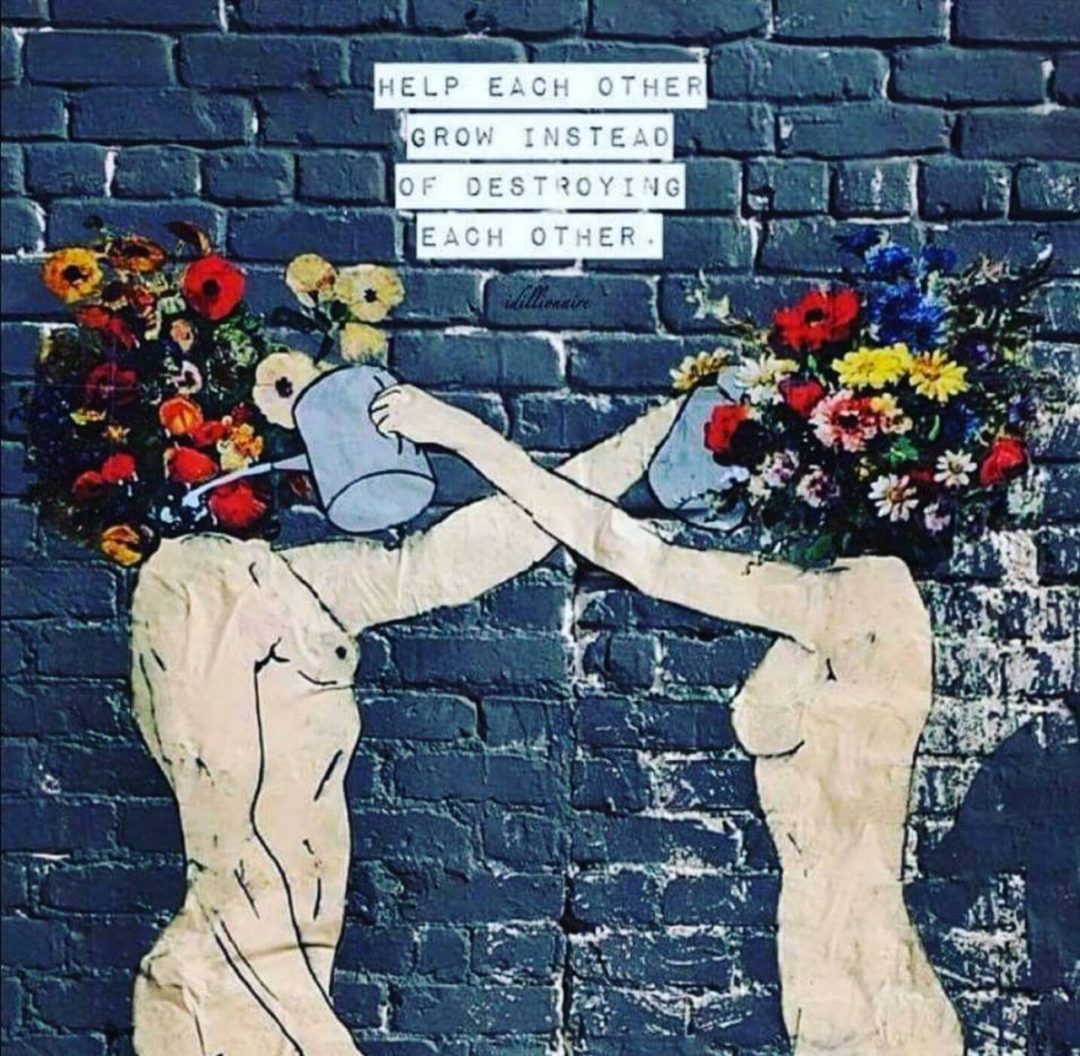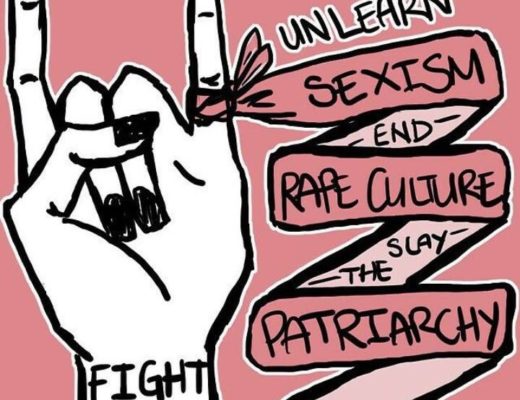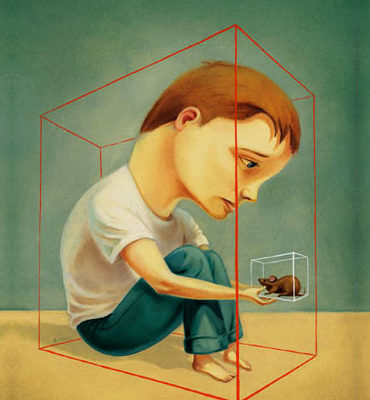This blog was originally hosted at Empty Cages Design.org as part of a series on Overcoming Burnout from 2016-2017. It has now been turned into a book that is available at: https://solidarityapothecary.org/overcomingburnout/
In the permaculture world we use the term ‘regenerative’ because we don’t want things to just be sustainable, we want systems to regenerate through processes that restore, renew or revitalize their own sources of energy and materials. Likewise, extractive can be seen as unsustainable and exploitative – like fracking or fossil fuels for example.
In this piece I’ve tried to list what I find regenerative about organising, and what can be extractive. The balance of which can lead to burnout. I’m not saying I feel all these things now, I’m saying these are some of the things I’ve observed over time of being involved in different collectives and struggles. I hope to explore more of these in future posts as I try to re-design how I organise in this world.
So here we go…
Extractive/Draining/Exploitative Organising
- Toxic behaviour, either one-to-one or in groups. This includes: lying, cheating, betrayal, backstabbing and harmful gossiping.
- Poor listening or not listening to each other at all.
- Bad communication – people not confirming things have been understood, not communicating if they can’t do something, avoiding, hiding/burying their head in the sand which sabotages group efforts. Likewise, interacting with passive aggressive behaviour is a huge energy drain.
- Emotionally labouring/caring for everyone in an unsustainable way.
- Poor time management – people being late without communication that sabotages meetings/events/actions. Likewise, disrespecting people’s time through dominating/railroading meetings.
- Repression – obviously the violent and dehumanising nature of it. In my experience, yes, I’ve been emotionally harmed from being raided or arrested or put in prison. But actually the bigger cause of harm was the lack of support. When some of your best friends in the world leave you to cope with prison alone, somehow it’s a wound that doesn’t heal compared to memories of police kickings.
- Feeling unsupported, abandoned, undervalued and invisible in groups, collectives or movements.
- Information overwhelm – when communication mediums are abused, like email lists, and you are totally overwhelmed with unwieldy information to process – this can definitely lead to people stepping back or burning out.
- The physical challenges of organising – late nights, travelling, lack of sleep, a lot of computer time etc.
- Abusive behaviour, and also responding to it and supporting other people experiencing it.
- Contesting dominating people in groups.
- Workaholism – using organising/work to not deal with underlying emotional issues and blocking everything out.
- The feeling of overwhelm and despair in facing what we’re up against.
- Emotionally repressive spaces and macho groups or people.
- Inner conflict – doing things out of obligation or habit that aren’t congruent with who you are.
- When you feel totally out of balance, when you haven’t seen your family for ages, or haven’t done anything to develop or express different sides of who you are.
- Abandonment/loss of support/friends/identity if you burn out or step back.
- Clashing values with wider society and within movements.
- Not healing from trauma or vicarious trauma.
- Poor livelihood/income scarcity/poverty.
- Feeling like your organising is completely reactive and not building something.
- Lack of connection to mission or the ‘why’. When you’re so busy you forget why the hell you’re doing this.
- Being stuck in patterns of ineffective strategies, or having to interact with dogmatic pacifists or the opposite.
- Getting lots of “you shoulds” from other people in the movement, or the general public.
- Never getting any positive feedback from comrades or others.
- Feeling undermined in projects/groups and experiencing a loss of agency.
- Feeling judged/belittled/patronised because you’re not integrating certain self care practices in your life.
- Interacting with people that theorise relentlessly (and comment and criticise your work) but don’t act.
- Damp tea towels – I describe someone as a damp tea towel when I feel like they put out my fire with their attitude or behaviour (obviously, it’s good to have people that are grounded and realistic, but c’mon where is the revolutionary fire?!). These people can be critical, pessimistic, overbearing and negative, over and over again.
Are we surprised when people drop out or burn out when faced with the above?!
Ok so, here are some positives, some super nourishing, ‘I’m glad to be alive’ elements of organising:
Nourishing/Regenerative Organising
- Having incredible deep friendships with comrades or even less deep friendships, but experiencing an amazing sense of affinity with people you don’t know so well. Building a sense of trust, belonging, mutual aid and solidarity.
- Meeting new people and being inspired by them. Meeting people from totally different backgrounds, places etc. and learning from them.
- Being with people that energise you, who may be ambitious, positive and daring.
- Having the opportunity to learn new skills.
• That feeling of ‘flow’ when you’re really good at something and you know you’re kicking ass (and you love it).
• Having your needs met – food, shelter, water, spirituality, any of them!
• Having a ‘liberating structure’ and boundaries; clear ideas of where your responsibilities begin and end, a sense of clarity about what you’re doing and why. Respect for these boundaries by others.
• Feeling supported, like people have your back.
• When people’s actions are congruent with their politics.
• When you actually feel like you’re in a space where people are committed to sorting through their shit and not perpetuating oppressive behaviour. That kind of “wow, imagine if society was organised like this” kind of feeling.
• When your work is part of a bigger struggle that is gaining traction. When you feel like you’re being effective and really witnessing yields, achieving tangible outcomes and succeeding in achieving the goals you set.
• When you feel balance and wholeness in your life, in the sense that you have the time and space to cultivate and express different sides of yourself (especially when you feel supported and encouraged to do so by others).
• When you are learning and learning and learning. When I was a kid, anarchism felt like the most exciting thing in the whole world. I devoured every zine/pamphlet/book I could get my hands on (pre-internet!). It was thrilling and life changing and it’s hard to keep that feeling up, but so important that we are always committed to learning.
• When you are having new experiences, seeing new places, meeting new people.
• When you are pushing your own boundaries and overcoming fears.
• When you have healthy relationships that nourish and support your organising. Like having amazing sex with fuck-yeah consent practices, and you feel totally safe and glorious in your own body. Or you feel like your partner(s) totally support your work, understand the challenges and love you for who you are.
• Having good self esteem and a sense of self-power and worth.
• Having comrades saying you’re doing an amazing job, but they also love you for who you are not what you do.
• Having positive and constructive feedback delivered at appropriate times, so you can learn and grow and improve your work.
• Feeling limitless and powerful as a movement. Having a positive/ambitious/pro-active/we can do this attitude.
• Being emotionally, practically and politically supported to heal from trauma, recover from burnout and cope in crises.
• Having integrated self care practices and collectives that value these.
• Being surrounded by emotionally literate and caring people.
• Feeling passion, joy and excitement about what you’re doing.
• Expressing your creativity regularly and powerfully.
I hope this list will support people and groups to design their projects in a way that is nourishing and regenerative.





No Comments